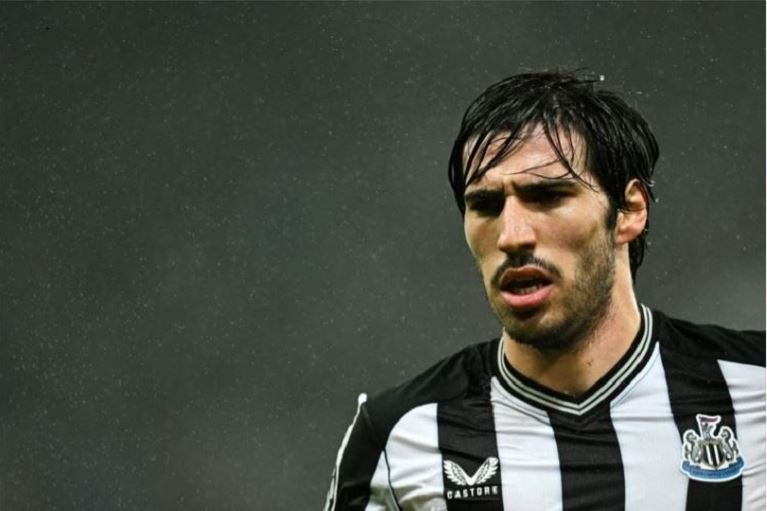Newcastle will be able to sign players on loan from sides also controlled by their Saudi owners in January after a vote by Premier League clubs on a temporary ban on related-party loans did not receive the required support.
Twelve clubs voted in favour of a block on loan moves between teams under the same ownership.
It fell two votes short of the two-thirds majority required for passage.
The Premier League was understood to be in favour of introducing the ban.
It means Newcastle United, for instance, could sign players from clubs also owned by Saudi Arabia’s Public Investment Fund (PIF).
Newcastle, Manchester City, Chelsea, Sheffield United, Everton, Wolves, Nottingham Forest, and Burnley voted against the ban.
In October 2021, following their £305 million Saudi Arabian-backed takeover, Newcastle was linked with a move for former Wolves captain Ruben Neves from Saudi Pro League side Al-Hilal.
They proposed the ban as a temporary measure until they could agree upon a concrete solution before the summer transfer window.
It only applied to incoming loans, not outgoing ones.
PIF, which provided 80% of the funds for the Newcastle takeover, took over four of the leading Saudi Arabian clubs in June: Al-Nassr, Al-Hilal, Al-Ahli, and Al-Ittihad.
Asked in November whether he would consider signing players from PIF-controlled Saudi sides if allowed, Newcastle manager Eddie Howe said he was “open to signing anyone if they are good enough”.
Other high-profile former Premier League players currently at PIF-owned clubs include Cristiano Ronaldo (Al-Nassr), Roberto Firmino (Al-Ahli), Sadio Mane (Al-Nassr), and Riyad Mahrez (Al-Ahli).
In January, Neves, who joined Al-Hilal for £47 million in June, could potentially fill the midfield gap caused by Sandro Tonali’s 10-month ban for breaching betting rules with a move to the Magpies.
Newcastle chairman Yasir Al-Rumayyan governs PIF, which possesses assets worth £250 billion, making Newcastle one of the richest clubs in the world.
Newcastle are not the only Premier League team part of a multi-club ownership model. Manchester City are one of 13 clubs, along with La Liga leaders Girona, under the control of the City Football Group.
Eagle Football Holdings owns Crystal Palace, one of five clubs, including French club Lyon, while BlueCo, Chelsea’s owners, acquired a majority stake in Strasbourg in June.
The vote is a rare defeat for the Premier League, which was mindful of concerns among some of its members that loans between affiliated clubs could give rivals an unfair advantage. But there were also suggestions that any ban could face a legal challenge.
Tougher rules relating to sponsorship deals between ‘associated parties’ also failed to get the necessary support, with seven clubs voting against the amendment. The same clubs that opposed the ban on loans, with the exception of Burnley, were also understood to be against the tougher rules relating to sponsorship deals between ‘associated parties’.
League chiefs were also unable to get clubs to approve a £900 million so-called ‘New Deal’ financial settlement with the English Football League, despite hopes a package could be announced. Insiders insisted there was “positive momentum” behind talks, but no vote took place after a continuing impasse over new cost control measures.
A report by the Culture, Media, and Sport (CMS) Select Committee in June said if no funding plan is reached soon, the government should accelerate setting up an independent football regulator “to impose a deal”.











